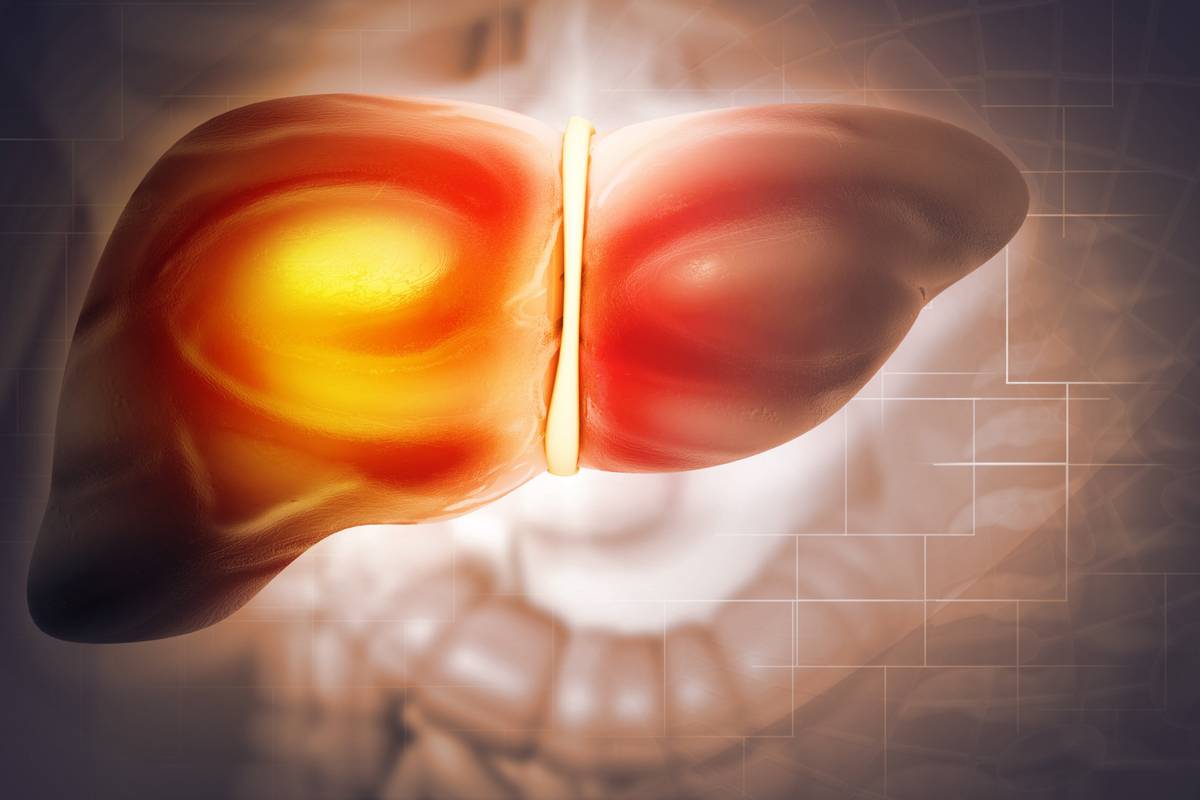You are viewing a preview of...
Neurotrophic Tyrosine Receptor Kinase Inhibitors as Novel Therapeutics for Liver Fibrosis
Neurotrophic Tyrosine Receptor Kinase 3 (Trk) Inhibitors, such as selitrectinib (LOXO-195), demonstrate a robust reduction of liver fibrosis

Background
Liver fibrosis involves the replacement of healthy liver tissue with scar tissue and is a leading cause of liver failure and liver-related mortality. In the United States, liver fibrosis is highly prevalent due to high rates of obesity and type II diabetes. The typical disease progression of non-alcoholic fatty liver disease starts with accumulation of fat in hepatocytes, which can lead to a condition called non-alcoholic steatohepatitis (NASH) that is characterized by inflammation and fibrosis of the liver. NASH affects up to 12% of adults in the United States and fibrosis associated with NASH, potentially triggered by liver injury and inflammation, is currently the strongest predictor of patient mortality.
There is no FDA-approved therapy for NASH or for
Log in or create a free account to continue reading